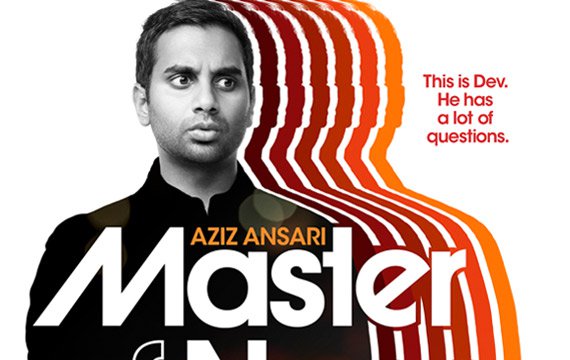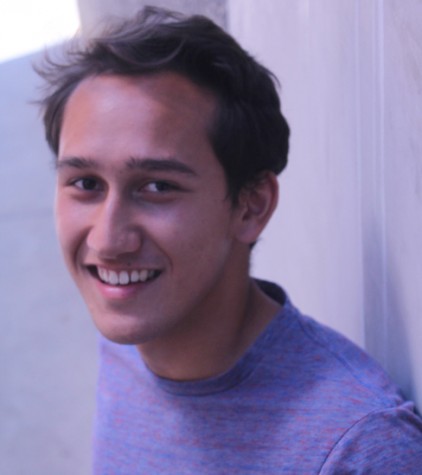Best New Show: Master of None

November 13, 2015
When I was younger, I escaped from my elementary school routine by plopping down on my living room couch and turning on Spongebob. Back then, at least for me, television was all about taking time to retreat and mindlessly stare at a talking sponge cook burgers, and I loved it – so much that I would re-watch all the Spongebob episodes over and over again. The show was dumb fun, and I welcomed the escape.
Last week, I discovered a new show capturing my interest immediately the way only Spongebob had before: Master of None.
Instead of television as a means of escape, Master of None faces the day to day problems of society, particularly race, head on. And not to mention Master of None is a hilarious show. All ten episodes of the first season of the show are now streaming on Netflix.
The master of Master of None is Aziz Ansari. The actor, who I have previously praised for defying racial stereotypes of Indians in modern society, goes two steps further with this show. The show follows Dev, played by Ansari, as a young Indian actor in New York City. It features the vibrant nightlife of New York, the acting world from an Indian’s perspective, interracial dating, and a friend group complete with the only ‘token white friend’ in the history of television. Ansari says some of the scenes from the show were inspired by his own experiences, and Ansari co-wrote and helped direct many episodes of the show.
In the most talked-about episode of the show, “Parents”, Dev and his friend Brian explore the immigrant lives of both of their parents. They invite their parents to a dinner to ask them about their experiences adjusting to American culture. What results is a perfect commentary on communication, or lack thereof, between children and their parents.
Perhaps the most impressive quality about Master of None is its ability to capture complexity in all of its characters. From Dev’s parents to the characters he meets occasionally at bars, no one is reduced to a stereotype, and the sporadic reoccurrence of cast members channels real-life relationships between people the way television seldom does.
The acting in Master of None may be less than perfect, but that doesn’t make its characterization of a young Indian man trying to break into the mostly white world of acting any less convincing. Master of None is a show I see myself returning to frequently, not to escape the trials of everyday life, but to embrace them with a laugh.





